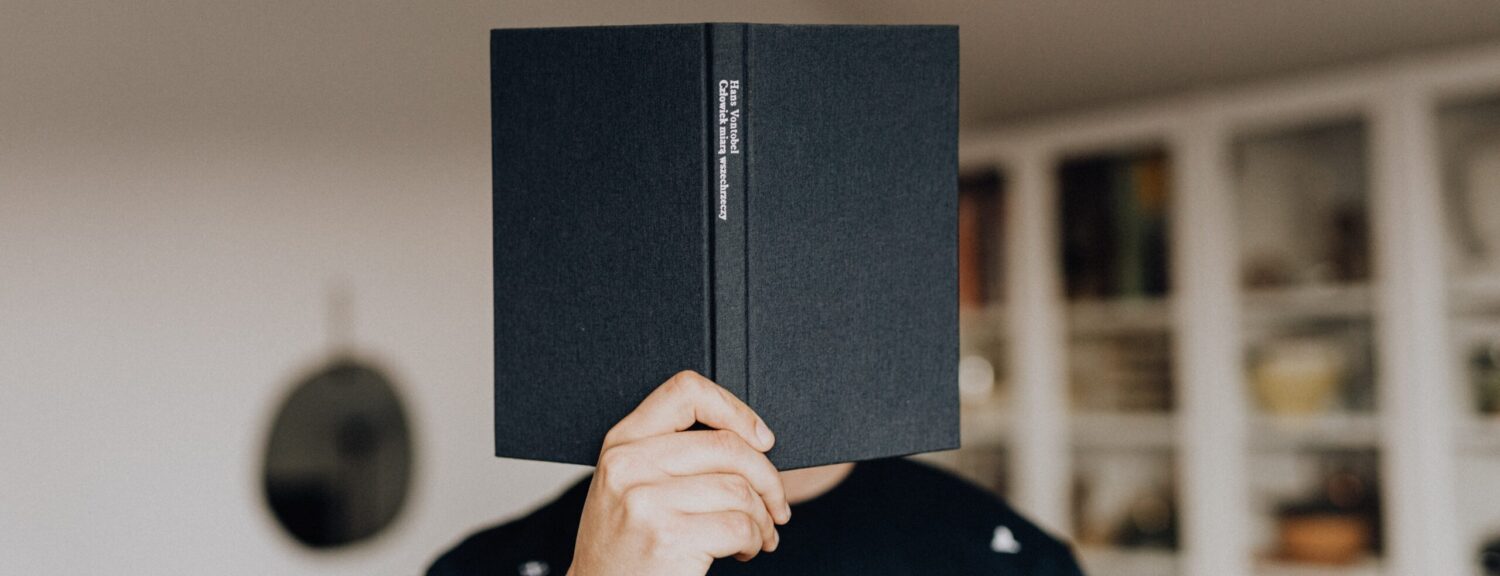She who shares her story of…
Even the Small Things Matter!
The Story
I did think twice about whether my story is worth sharing, but then I heard Brittany Higgins say at the Press Club today, “it is easier to share your story if you recognise something of it in someone else’s”…and I have read some of the stories on this website and recognised something of my story in them that I wanted to call out.
My story may not seem like a big matter to someone, but to those of you who are experiencing something similar, you will understand that even the small things matter.
At my workplace, it is all too often that when it comes time to getting someone to “take notes” or “get the milk” or “unpack the dishwasher” or “clean the sink” – that task is assigned to the female in the room.
At my workplace, it is all too often that when someone swears mid conversation that they will look to the female in the room and apologise for their language.
At my workplace, it is all too often that the female is overlooked to be invited to the football event or the quick drink at the pub.
At my workplace, it is all too often that our workshop is referred to as the “men’s shed” and the female in the team is “welcome to be an honorary man”!
At my workplace, it is all too often that even the small gestures of inequality set a non-inclusive culture.
The Message
Unconscious bias, also known as implicit bias, is what happens when we act on subconscious, deeply ingrained biases, stereotypes, and attitudes formed from our inherent human cognition, experiences, upbringing, and environment.
Unconscious can lead to instinctive assumptions that a nurse must be a woman or an engineer must be a man.
Unconscious bias can be present even in people who genuinely believe they’re committed to equality; it’s harder to spot and root out than obvious discrimination.
But that doesn’t mean unconscious bias is insignificant. This under-the-surface form of bias can affect health and life in dramatic ways.
The Call to Action
Fortunately, there is a lot we can do to combat unconscious bias in the workplace. We just all have to make the effort.
The first step is to acknowledge that unconscious bias exists and that we all have preconceptions about people which we cannot control.
To overcome the bias that’s built-in to our brains, we need to question our beliefs and decisions, even when they ‘feel’ right.
By improving one’s awareness and understanding of unconscious bias, individuals can begin to change how they think about and engage with diversity issues. Be sure to step back and ask:
- “What biases might I have?”
- “What impact does this have in the workplace?”
- “What will I do about this?”
